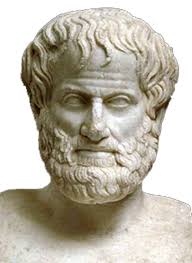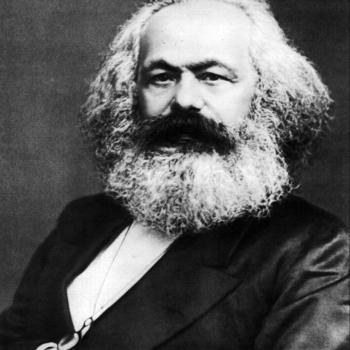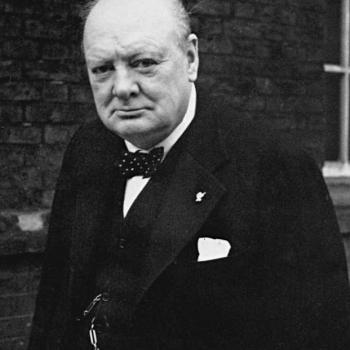 There are many good deeds, even deeds of sublime sacrifice, that have little or nothing to do with the world’s recognition. Perhaps motherhood (and like unto it, fatherhood) is the essential and fundamental example of such goodness, though even here there is the recognition of the grateful child, or the mere upward look of the suckling babe. The plain fact, though, is that most good actions are bound up with others’ recognition of their goodness. A good dentist needs to get credit for being a good dentist, or he will not be able to contribute to the dental good, and the same is true for a butcher, a baker, or a candlestick maker. And for a teacher, I can add.
There are many good deeds, even deeds of sublime sacrifice, that have little or nothing to do with the world’s recognition. Perhaps motherhood (and like unto it, fatherhood) is the essential and fundamental example of such goodness, though even here there is the recognition of the grateful child, or the mere upward look of the suckling babe. The plain fact, though, is that most good actions are bound up with others’ recognition of their goodness. A good dentist needs to get credit for being a good dentist, or he will not be able to contribute to the dental good, and the same is true for a butcher, a baker, or a candlestick maker. And for a teacher, I can add.
In fact the greatest actions seem to be inseparable from public recognition of these actions, since the biggest difference one can make is arguably to shape the public world itself, to contribute to public order, harmony and prosperity by influencing just what counts as “virtuous, lovely, of good report or praiseworthy.” And to do “a great deal of good” where the very understanding of the public good is concerned is inherently a public matter in which action is inseparable from honor and recognition. This is why Aristotle, speaking for the ancient Greek polis, considered political action, especially the deeds of the wise and good statesman, to be the essence of “making a difference,” action par excellence. And so Aristotle considers not humility (which the Greeks did not even recognize as a virtue), but “magnanimity” (greatness of soul), or justified pride, to be the very pinnacle of virtue. Great actions must be known as great to have a great and public effect. Virtue, for Aristotle, is “puffed up,” and it has to be.
To read the rest of Ralph Hancock’s Deseret News article “Doing good and getting credit,” Click Here












